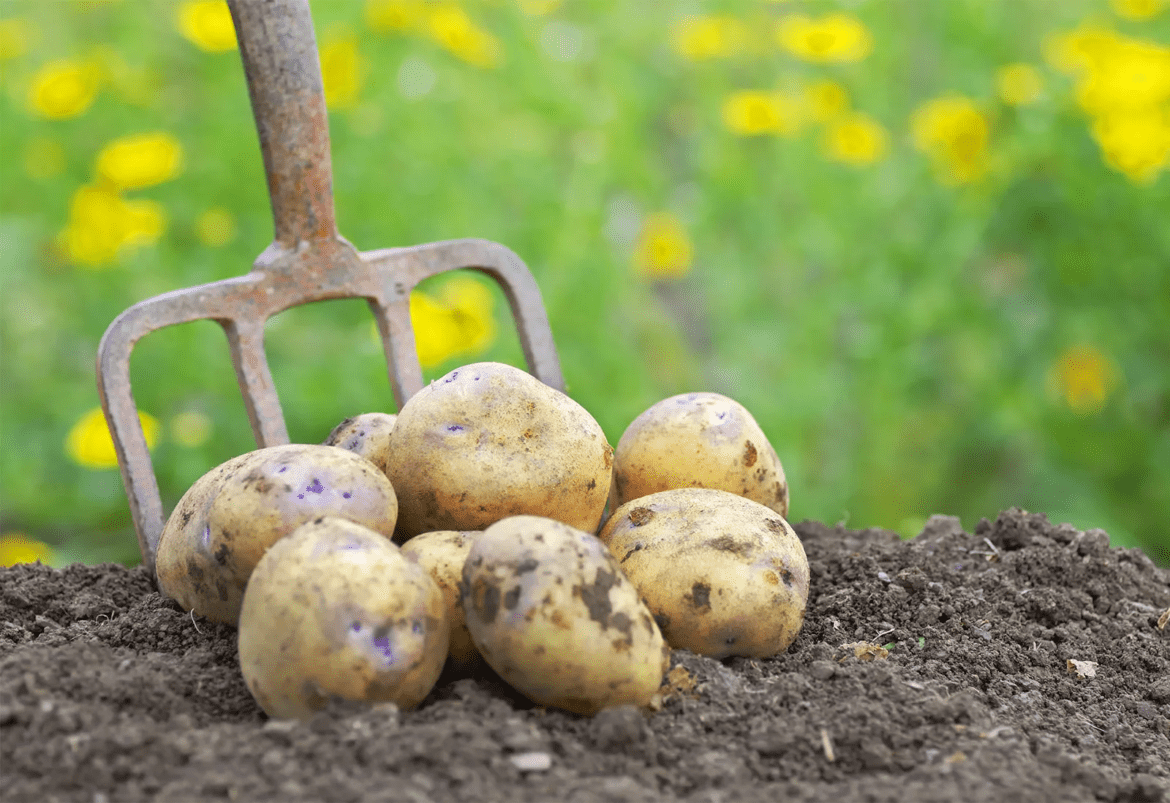AI Generated Summary
- As the state continues to play a crucial role in the nation’s potato production, these new varieties hold the potential to elevate agricultural productivity, ensuring economic prosperity for farmers and reinforcing Punjab’s standing as a key contributor to India’s agricultural landscape.
- The unveiling of these potato varieties is not only a testament to the university’s commitment to agricultural advancements but also a promising development for Punjab’s farming community.
- The Vice-Chancellor emphasized the importance of the potato as a cash crop, significantly boosting farm income, creating employment opportunities, and ensuring food security for the state.
In a significant stride towards agricultural innovation, Punjab Agricultural University (PAU) has broadened its research horizon to include the genetic improvement of the potato crop. This groundbreaking development was recently unveiled with the introduction of two new potato varieties – Punjab Potato 101 and Punjab Potato 102.
Dr. Satbir Singh Gosal, the Vice-Chancellor of PAU, expressed optimism about the potential impact of these newly developed potato varieties on the state’s agriculture. He anticipates that the introduction of these varieties will substantially benefit Punjab’s potato growers by improving yields, consequently enhancing the income of farmers.
Highlighting Punjab’s pivotal role in national potato production, Dr. Gosal underscored that the state ranks as the 6th largest contributor, yielding over 3.0 million tonnes annually from 1.07 lakh hectares of land. Moreover, Punjab stands out as the major disease-free seed producer, meeting a remarkable 90% of the country’s total disease-free seed potato requirement. The Vice-Chancellor emphasized the importance of the potato as a cash crop, significantly boosting farm income, creating employment opportunities, and ensuring food security for the state.
Dr. Ajmer Singh Dhatt, the Director of Research at PAU, provided insights into the university’s innovative potato breeding program, which commenced in 2016. After years of relentless dedication, Dr. Sat Pal Sharma and his team achieved a groundbreaking milestone in 2023. The introduction of two high-yield potato varieties, Punjab Potato 101 and Punjab Potato 102, marked a historic moment for PAU. These varieties are distinguished by their white and light yellow flesh, respectively, making them suitable for main-season cultivation, according to Dr. Dhatt.
The unveiling of these potato varieties is not only a testament to the university’s commitment to agricultural advancements but also a promising development for Punjab’s farming community. As the state continues to play a crucial role in the nation’s potato production, these new varieties hold the potential to elevate agricultural productivity, ensuring economic prosperity for farmers and reinforcing Punjab’s standing as a key contributor to India’s agricultural landscape.




